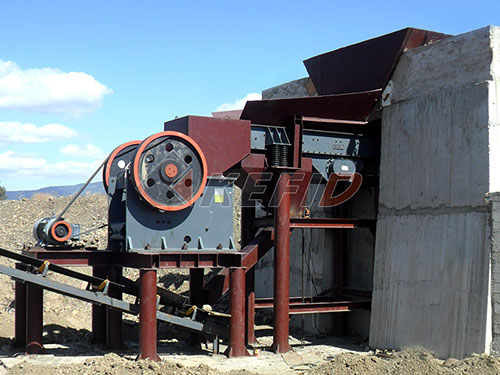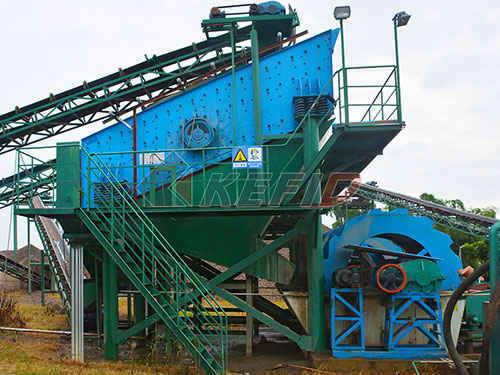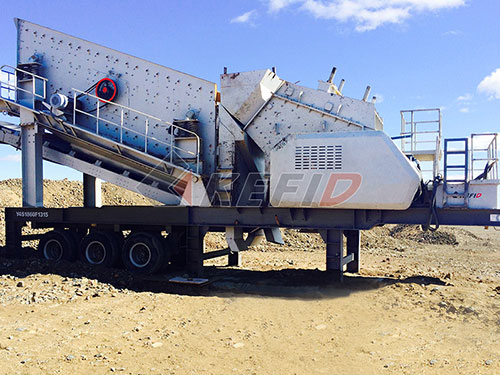How Much Does a Yard of Crusher Run Gravel Weigh? Your Essential Guide
If you’re planning a driveway, pathway, or any project involving crusher run gravel, one critical question inevitably arises: How much does a yard of this stuff actually weigh? Knowing the weight isn’t just trivia; it’s fundamental for calculating transportation costs, ensuring your vehicle or trailer isn’t overloaded, and understanding how much material you truly need to order. Let’s break down the answer clearly and practically.
The Short Answer: A Standard Range
A cubic yard of crusher run gravel typically weighs between 2,400 and 2,900 pounds (1.2 to 1.45 tons).

Think of this as the industry-standard ballpark figure. However, pinning down an exact number for your specific load is trickier. Why? Because several key factors cause this weight to fluctuate:
Factors Influencing the Weight
1. Moisture Content: This is the BIGGEST variable.
Dry Gravel: Freshly processed crusher run straight from the quarry on a dry day will be towards the lower end of the range (closer to 2,400 lbs/yd³).
Damp Gravel: After rain or if stored uncovered, gravel absorbs water significantly. Damp material can easily jump to 2,800 lbs/yd³ or more.
Saturated Gravel: Soaked gravel (like after heavy rain or sitting in water) can reach weights exceeding 3,000 lbs/yd³. Water is heavy!

2. Rock Type (Source Material): What was crushed to make it?
Granite Crusher Run: Tends to be denser and heavier, often at the higher end of the range.
Limestone Crusher Run: Generally slightly less dense than granite but still falls firmly within the standard range.
Other types like trap rock or sandstone will have their own inherent densities.
3. Compaction Level & Fines Content:
Crusher run contains a mix of coarse stone fragments and fine particles (“fines”) like stone dust and sand.
Higher fines content generally means slightly higher density and weight per cubic yard when compacted because they fill air voids more effectively.
How tightly packed (compacted) the material is also affects its density in your truck bed or stockpile – tighter

Leave a Reply